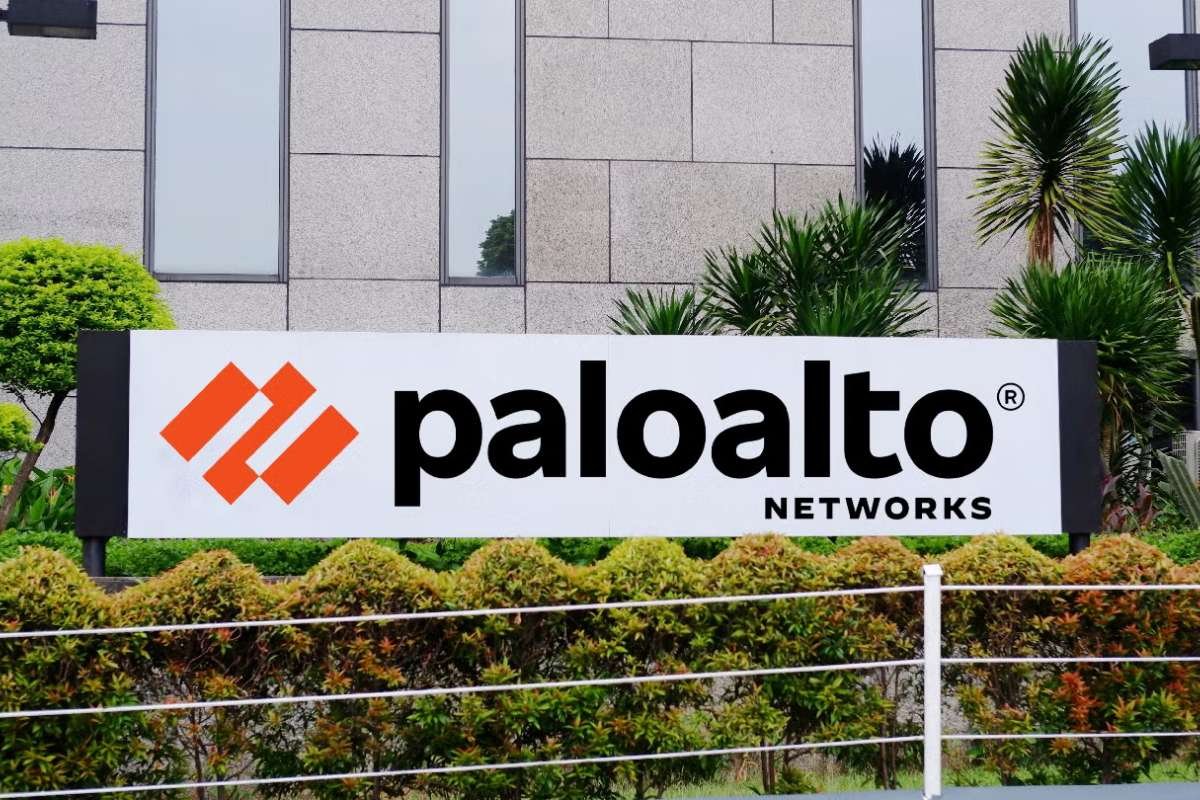In a surprise move, Epic Games has dropped its antitrust lawsuit against Samsung just days before the tech giant’s highly anticipated Galaxy Unpacked event. The lawsuit, filed in 2023, accused Samsung of restricting competition by using a feature called “Auto Blocker”, which was enabled by default on Galaxy devices. According to Epic, this tool effectively blocked users from installing apps—such as the Epic Games Store or Fortnite—unless they came directly from the Google Play Store or Samsung’s own Galaxy Store.
Epic formally filed to dismiss its claims on July 7. The timing of this legal withdrawal has drawn attention, occurring just before Samsung unveils its new hardware. While terms of the settlement remain confidential, Epic CEO Tim Sweeney announced on X, “We’re grateful that Samsung will address Epic’s concerns.” However, no specific changes to the Auto Blocker or Samsung’s app store policies have been disclosed publicly.
At the Heart: App Store Control and User Freedom
Epic’s original complaint claimed Samsung’s Auto Blocker stifled competition by preventing users from easily sideloading third-party apps. It pointed out that legitimate alternatives to Google Play Store were being blocked under the guise of security, calling the default activation of Auto Blocker a “deliberate barrier” to consumer choice. Epic argued for two clear remedies: either disable Auto Blocker by default or establish a fair whitelisting system for verified app marketplaces.
Samsung defended its Auto Blocker as a tool for user protection, emphasizing security risks associated with sideloaded apps. Meanwhile, Google—also named in parts of the lawsuit—dismissed the case as meritless. Still, Epic’s larger legal battle has found some traction. A federal jury previously ruled in Epic Games favor in a separate case against Google, finding it had violated antitrust laws by impeding rival app stores. That ruling is under appeal, and enforcement of the decision is currently paused.
Broader Antitrust Campaign Still in Motion
While the settlement marks the end of Epic’s dispute with Samsung, it does not conclude the company’s broader push for open app ecosystems. Epic continues to challenge Google’s dominance in the Android marketplace, citing practices that allegedly block fair competition. Legal observers believe that Epic may now shift its focus toward influencing device manufacturers directly and striking more strategic partnerships.
Some speculate that the timing of the settlement hints at a deeper collaboration between Epic and Samsung, potentially involving pre-installed access for the Epic Games Store on Galaxy devices. However, Sweeney was quick to clarify: “If we’d sought only special privileges for Epic, we’d be selling out all developers.” The message is clear—Epic’s ambition extends beyond its platform; it’s pushing for systemic change across the app store landscape.
Though the Samsung chapter is now closed, the fight over app distribution rights on Android is far from over. The outcome of Epic’s continuing legal battles may define the future of digital storefronts, developer freedoms, and user choice in mobile ecosystems.
Sources: https://www.engadget.com/gaming/epic-games-ends-its-antitrust-lawsuit-against-samsung-215806962.html


















